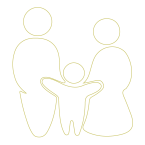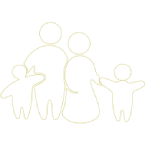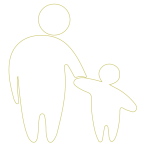Giving Children Choices Part Three
When I was raising my two boys, I was learning about giving choices. One winter's day, we took a walk in Washington Crossing State Park. It was here I decided to practice my new skill.
"OK, guys, we can take this trail or that trail. What's your choice?"
"Do you want to rest now, or shall we keep going?"



